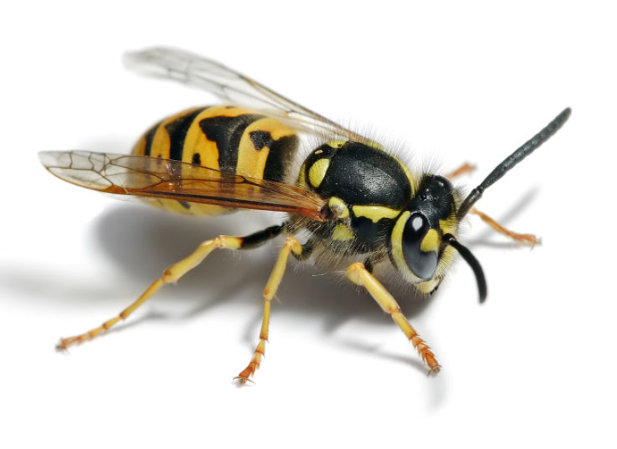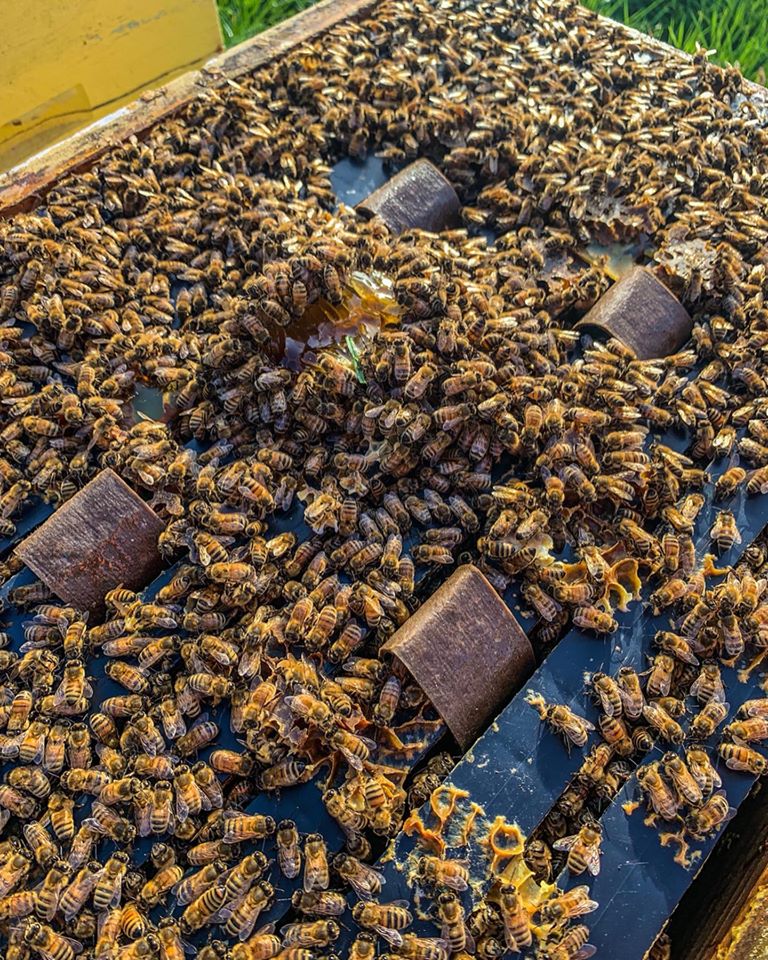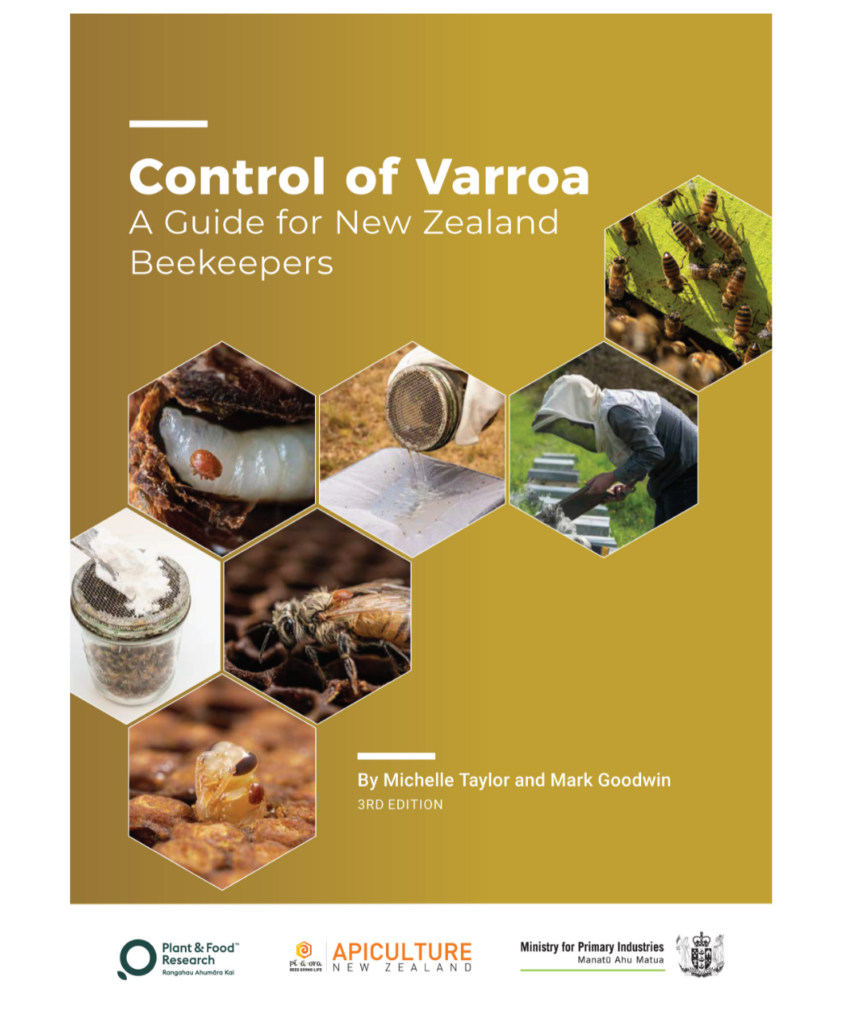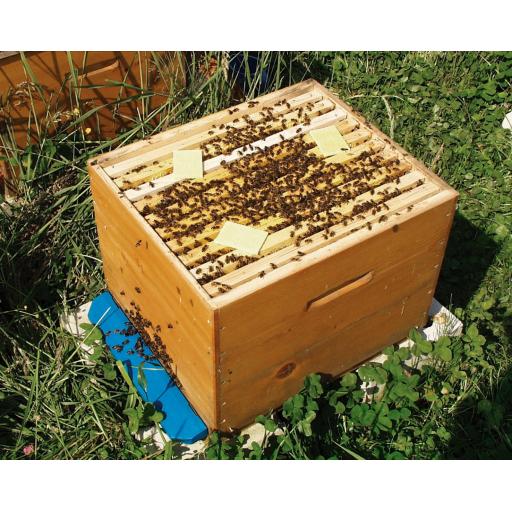
If you are using Thymol for varroa control then it is important to know how it works. This will help you to use it more effectively.
Thymol is an extract from the herb thyme. Because of thymol’s anti-fungal and anti-bacterial properties, it is useful in food preservation as well as for treating tinea and ringworm. Another important use is as a pesticide.
Thymol is distributed throughout the hive as a vapour as opposed to Bayvarol, Apivar or other strips where the active ingredient is distributed by bee contact.
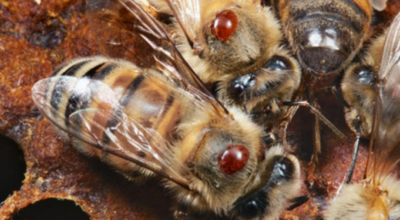
As the thymol needs to evaporate, the external temperature needs to be warm enough to cause this to happen. For evaporation to take place, the temperature needs to be between 15 and 30 degrees Celsius and never fall below 12 degrees and the optimum range is between 20 and 25 degrees. This means the temperature is the first, and most important, parameter to consider when treating with thymol.
If you have a ventilated bottom board it is best to block this off.
There are three products available in New Zealand that use Thymol: Apiguard, Thymovar and Apilife Var.
See the link to some interesting information on a study done on the use of thymol – https://www.beeculture.com/thymol-varroa-control/#:~:text=When%20it%20is%20correctly%20used,mites%20on%20the%20adult%20bees.

